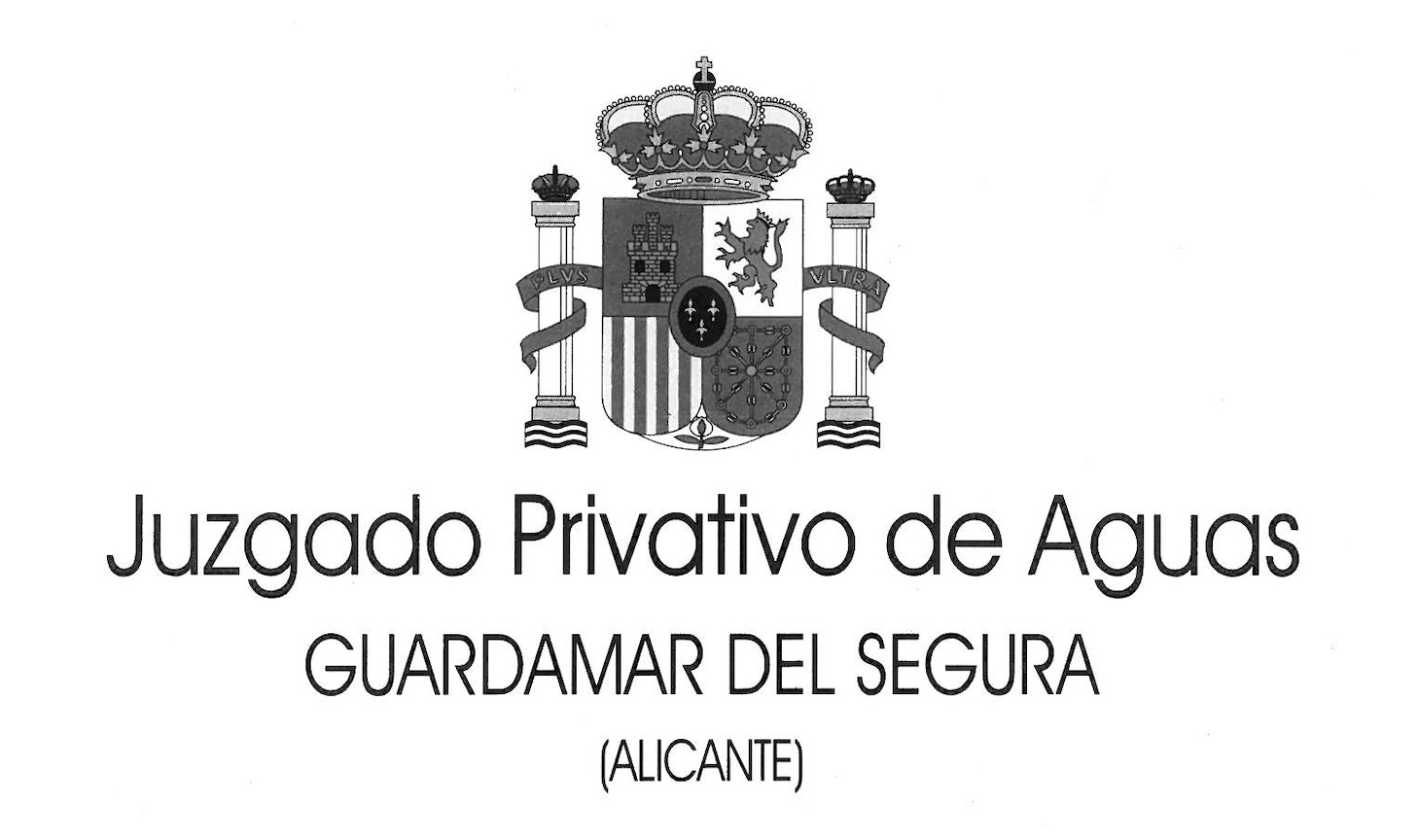RAINS technologies and practices
The innovative irrigation practices and technologies proposed by RAINS include 1) alternative forms and water supplies (solid water, reclaimed wastewater, fog harvesting), 2) combined use of water and organic fertilisers (recycled sewage sludge, biofertilisers based on protein hydrolysate), 3) improved water retention capacity of soils (biobased nets, compost brick ladders), and 4) smart solutions (WaterIQ, Optifangs-IA v1.0). Also, a 5) modelling tool (water-N-P model) to characterise and spatialise water fluxes, N and P budgets from the crop to the agri-food system to upscale the benefits of the alternative solutions at the entire region catchment level.
Alternative forms and supplies of water
1. Solid water
2. Reclaimed wastewater
3. Fog collectors
Combined use of water and biofertilizers
5. Biofertiliser based on protein hydrolysate
Improved soil water retention capacity
6. Biobased nets
7. Compost brick ladders
Smart solutions
Smart solutions for water nutrient management, decision-making and prevention
8. Water IQ
9. Optifangs-IA v1.0
Modelling (Water-N-P)
Map water, N, and P fluxes from crop to agri-food system and upscale solution benefits to the catchment level.
RAINS in practice
The project will test and show 10 new and smart ways to use water and fertilisers more efficiently. These methods will be tested at 10 different farms across Greece and Spain.
Where do we work?
Spain
The RAINS demo sites are in the Valencia region, where farming (mainly citrus, olives, rice, vineyards, and other fruits) contributes 3% to the local economy. Recent heatwaves, droughts, and water shortages have seriously hurt the region, causing €170 million in agricultural losses and farmland to shrink by almost 2,000 hectares in 2023.
Valencia also faces violent storms called “cold drops,” with heavy rain and winds up to 200 kilometres/hour, which damage farms and infrastructure.
The region is a leader in water reuse, with 99% of treated wastewater in the Segura River basin being reused, mostly for irrigation. Its traditional irrigation systems, recognised globally by the FAO, show how combining old and new water-saving methods can work and serve as a model for other regions.
Greece
RAINS demo sites are in Central Macedonia (near Thessaloniki) and the North Aegean (on Lesvos Island). Thessaloniki shows the link between a big city (reusing wastewater from over one million people) and nearby farmland that grows water-hungry crops like rice, cotton, and corn.
On Lesvos, farming focuses on olives in hilly areas with shallow, water-poor soils. Both places face serious climate threats: Thessaloniki struggles with drought and overused water supplies, while Lesvos suffers from water shortages. In 2023, Greek olive growers alone lost €1 billion due to climate change impacts.
Case studies
The project will pilot new and smart ways to use water and fertilisers more efficiently at 10 different farms across Greece and Spain. The farms vary in size and type– some use organic methods, some use conventional or intensive farming, and some are even in urban areas.
